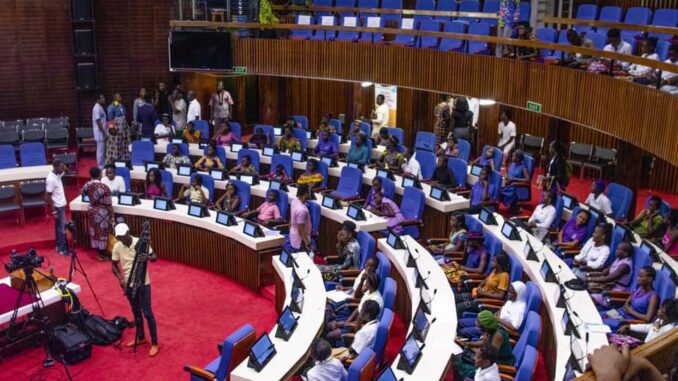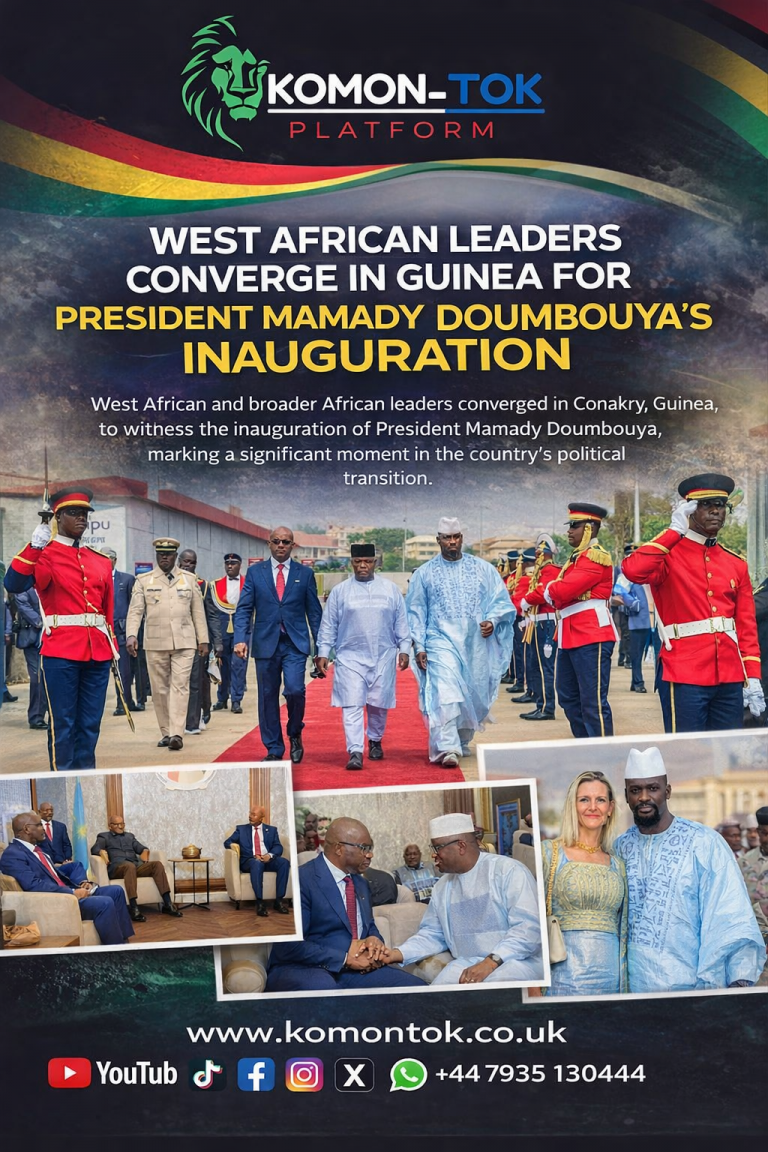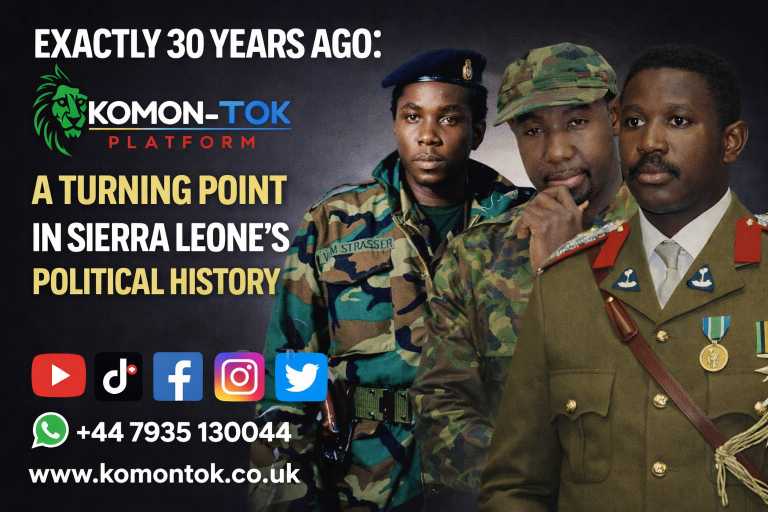
By Abu Bakarr Abron Pat‑Sowe
Introduction
In a recent public statement Hon. Abdul Kargbo (APC) advanced a robust argument for retaining the First‑Past‑the‑Post (FPTP) electoral system in Sierra Leone, citing its strengths in clarity, accountability, and local representation. This article scrutinises his rationale and situates it within academic and practical considerations, drawing on evolving constitutional and civil society debates.
Historical and Constitutional Background
Sierra Leone adopted FPTP for parliamentary elections under the 1991 Constitution. Each of the 132 elected Members of Parliament represents a single-member constituency in accordance with Section 38(1) of the Constitution . Although Section 38A allows the President to introduce proportional representation in exceptional circumstances, this has been considered a provisional measure rather than a permanent departure from constituency‑based democracy .
The Strengths of FPTP: Echoing Kargbo’s Arguments
- Direct Constituency Accountability
FPTP empowers voters to choose identifiable, local representatives. Kargbo emphasised that “citizens know the candidates they vote for and can hold them to account” . This direct link fosters responsiveness and incentivises MPs to engage with constituent needs.
- Simplicity and Transparency
FPTP is intuitive: the candidate with the highest votes wins. Civil society discussions in mid‑2025 revealed strong support (57.9%) for maintaining FPTP due to its simplicity and verifiable results . This clarity is particularly useful in a context of limited electoral literacy and infrastructure challenges.
- Empowering Voter Choice and Local Voice
Under FPTP, individuals vote for a person—not a party list—which reinforces democratic agency. As an APC-backed analysis concluded, “It puts the people at the centre of the electioneering process” . Kargbo’s emphasis reflects concerns that proportional systems can obscure individual choice behind closed party lists.
- Stability and Cost‑Effectiveness
Single‑member constituency elections tend to produce clear winners, reducing political fragmentation. Moreover, FPTP avoids the high costs associated with proportional systems, such as frequent bye‑elections and complex re‑delineation of boundaries . Civil society analyses repeatedly cited the economic burden of frequent boundary re‑mapping and by‑elections under proportional dispensation.
Why Kargbo’s Endorsement Matters
Hon. Abdul Kargbo not only challenged the constitutionality of using PR in 2023—but in court asserted that the conditions for invoking Section 38A were unmet . Although the Supreme Court ultimately upheld the PR system for that cycle, Kargbo’s insistence underscores a principled defence of constituency democracy and constitutional normalcy.
Comparative Context
Many democracies—such as the United Kingdom, India, and Canada—employ FPTP, citing similar virtues: clear local accountability, relatively uncomplicated administration, and resilience against political fragmentation. In Ghana, FPTP has fostered a stable two-party tradition that reduces coalition volatility. These global examples echo Kargbo’s appeal for continuity and predictability.
Conclusion
Honourable Abdul Kargbo’s defence of FPTP is grounded in fundamental democratic principles: direct representation, electoral clarity, voter accountability, and institutional stability. In Sierra Leone’s delicate political environment, where trust in electoral outcomes is essential and infrastructure remains fragile, the FPTP system affirms a localised democracy that remains accessible and comprehensible to voters.
While proportional representation may have situational value, especially in extraordinary circumstances, Kargbo’s argument reiterates that FPTP remains constitutionally anchored and democratically robust, ensuring that representatives remain beholden to, and directly chosen by, their communities.
References
Section 38(1) of the Constitution of Sierra Leone (MPs elected via single-member constituencies)
Constitutional provision Section 38A, allowing conditional introduction of PR
Independent civil society survey supporting FPTP (57.9% preference in June 2025 dialogue)
Cocorioko and other analyses emphasising FPTP’s people‑centred approach
Critique Echo and Sierra Leone Telegraph analyses of PR’s costs and representational limitations






